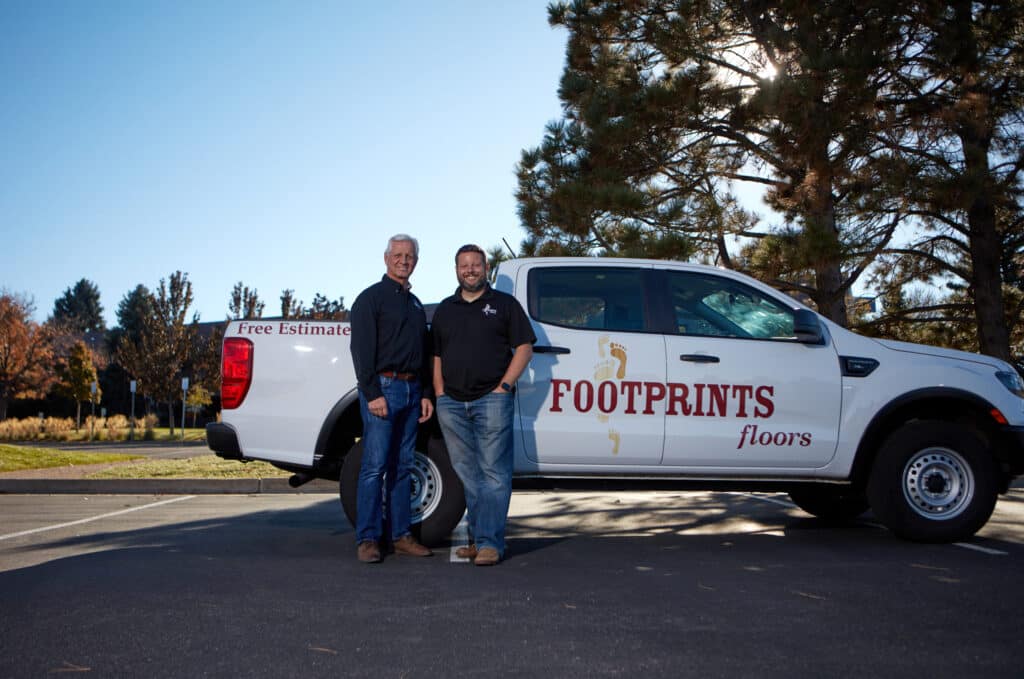Is Franchise Ownership the Best Wealth Vehicle For You?

One of the most common, “franchising, or….” type of questions I get is this: “Brent, I’ve managed to save a few bucks over the last few years. I was going to invest in the Stock Market. Should I look at franchising instead?
It’s difficult to answer this question unless I truly understand the person asking. But I typically frame my answer through my own experience. My more typical response is something along the lines of:
I used to snowboard for a living. I tend to dream big, and take risks. A 10% return on my money doesn’t really make sense for me.
The S&P’s average annual return rate since benchmarking began about 65 years ago has been approximately 10%. However, as you’ll later learn, we try to ensure we only invest or partner in franchise models that have a proven financial history of average 20%+ net profit.
So let’s compare how investing $250,000 in a franchise — which is the average financial investment level for the franchise owners we place into one of our brands — to investing $250K in the stock market, both over a 10-year return period (see table below).
Some of the most common questions I get from potential Franchise Owners happen to have nothing to do with franchising. Rather, I have a good deal of folks ask me to compare the prospect of opening a franchise comparative to other investment vehicles or staying in corporate America.
I think these people are often surprised to hear my answer sometimes. Especially those who already know my background story — which was effectively being able to roll out of a $50,000 salary in corporate America, to 10 years later generating $30 million from franchise investments.
For a guy who’s done relatively well in franchising, you might be surprised to hear how often I tell people, “I don’t think you should invest in a franchise.”
Then it’s a no-brainer, right? EVERYONE should abandon their stocks and pile into franchising, right? Well, not quite. Not all franchises are created equally. The group of franchise brands where the average franchise owner is achieving a 20% net profit is small. But we do believe we have a strong methodology for identifying them. The point being here, if you pick the wrong brand, there is real risk of losing your $250K.
These two wealth generation vehicles are also very different. The stock market is a passive investment. Franchise investment is almost never passive, and requires significant time investment. For this reason alone, you’ll want to see a much higher return than 10%.
And there are many other differences:
PROS:
- No minimum financial investment required
(for people with $100K or less, we would suggest steering away from franchising) - Typically no need for taking on debt (funding)
- Minimal time investment / Keep your day job
- Ease of liquidity: Sell in a matter of moments
CONS:
- Modest average rate of return
No control in performance of investments (outside of trading)
Limited Tax benefits / Owner benefits
Limited or no legacy or tangible asset to pass on
PROS:
- Higher potential for true wealth creation
Complete control of performance of investment
Owner benefits and tax advantages
- Tangible, salable asset (often 3-5x net profit sales price)
CONS:
- High initial financial investment needed (typically $100K+)
Higher risk, especially when taking funding
If owner-operator, maximum time-commitment
Legal liability and exposure
Ultimately, the comparison between these two investment vehicles is not easy, especially when comparing owner-operator franchising to stock investing. I would say that the easy ways to answer this type of question comes down to:
- Do you have at least $50K to invest in a franchise? If not, I wouldn’t recommend it.
- Do you have a lot of time to put into a franchise? If not, I wouldn’t recommend it.
- Do you want control of your investment? If control of your investment is important to you, then you may want to continue this exploration of franchise investment.
I was actually quite happy working in the Corporate world for a franchisor, for a while.
Then we started our franchise development company. And I got to taste what it’s like to own your own business. I say this in all honesty, as a business owner of 6 different franchise companies 10 years later — the idea of going back to being a W2 Employee would feel like signing up for slavery.
For me, and hundreds of thousands of business owners in the United States, the benefits of owning your own franchise versus being a full-time Corporate Employee are quite clear:
- Unlimited earnings potential. No ceiling, and it’s up to me (not a boss) to determine how much I earn.
- Quite frankly, I pay less tax. Tax benefits reserved for business owners
- Creation of long-term cash-flowing asset
- The ability to better control your future
- Legacy and having something to pass on to my kids
But owning a franchise, or a business in general, is not for everyone. In fact, per the numbers, only 8.2% of Americans have taken the plunge to become a business owner. So why does 91.8% of the population elect to forego the benefits of being a business owner?
Firstly, you need certain skill sets to run a successful business. Much of the population either lacks those, or probably more accurately, lacks the confidence in their skills to do so. We’ll discuss this in more detail as we start to work through the franchise selection process.
Ultimately, though, it typically comes down to risk. As a W-2 Employee, you typically have the following advantages over the business owner:
- Limited or no risk in terms of capital injection
- More predictable in terms of a stable salary
- Less time requirements (in the first year or two compared to owning a business)
Ultimately, the path of the corporate employee seems to be the safer bet for most Americans. That is of course, until we are reminded it isn’t in many environments. Statistically, this stark reminder occurs every six years in the form of a recession.
As the economy periodically shrinks, we are reminded that perhaps Corporate America isn’t the safest option, at all.
“I’ve got to pay a $50,000 franchise fee! And an ongoing royalty of 6% of my revenue? WHY WOULDN’T I JUST START A COMPETING BUSINESS MYSELF?
This is another common question I get from folks who start to toy with the idea of franchising. When somebody has this type of reaction to the franchise model, it’s often indicative of the fact that they may be an entrepreneur.
And, I’d like to be very clear on this point: Entrepreneurs make for the very worst performing Franchise Owners I’ve ever seen.
The reality is that by investing in a franchise, you’re giving up some independence. And as cliche as it sounds, “you go into business for yourself, not by yourself”, but you pay for it. Is the idea of paying for that privilege simply not worth it, in your mind? A good test is to compare the pros of franchise ownership, with the pros of building the brand yourself, and see which side resonates more:
Ultimately, with franchise investments you’re buying three major functions:
- A proven business model – less risk in the business actually “working”
- An established brand – “less time involved to build a successful following”
- Ongoing support in all major business functions – “Overcome problems and scale faster”
And what you’re giving in return:
- A franchise fee, typically around $40-$75K
- Ongoing royalty, typically 5-8%
- Control of the brand and business model

CHAPTER 2:
Lorem ipsum dolor sit amet, consectetur adipiscing elit. Ut elit tellus, luctus nec ullamcorper mattis, pulvinar dapibus leo.

Lorem ipsum dolor sit amet, consectetur adipiscing elit. Ut elit tellus, luctus nec ullamcorper mattis, pulvinar dapibus leo.

Lorem ipsum dolor sit amet, consectetur adipiscing elit. Ut elit tellus, luctus nec ullamcorper mattis, pulvinar dapibus leo.

Lorem ipsum dolor sit amet, consectetur adipiscing elit. Ut elit tellus, luctus nec ullamcorper mattis, pulvinar dapibus leo.

1040 S Gaylord St.
Denver CO 80209
[email protected]


